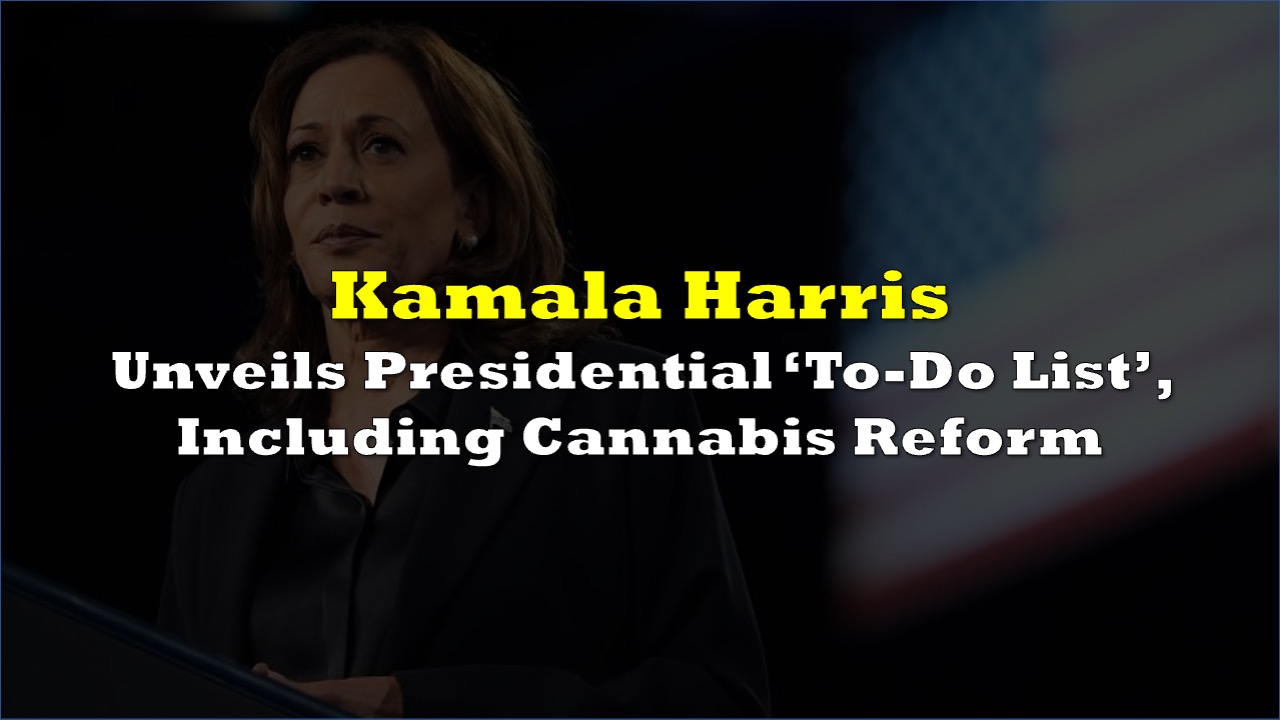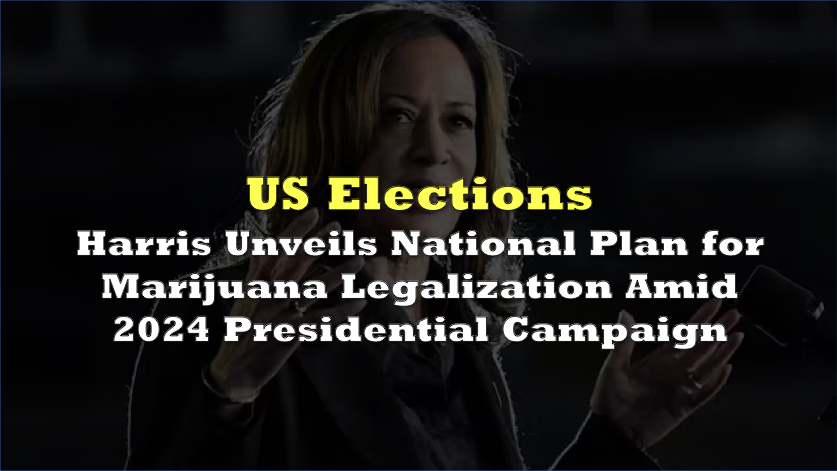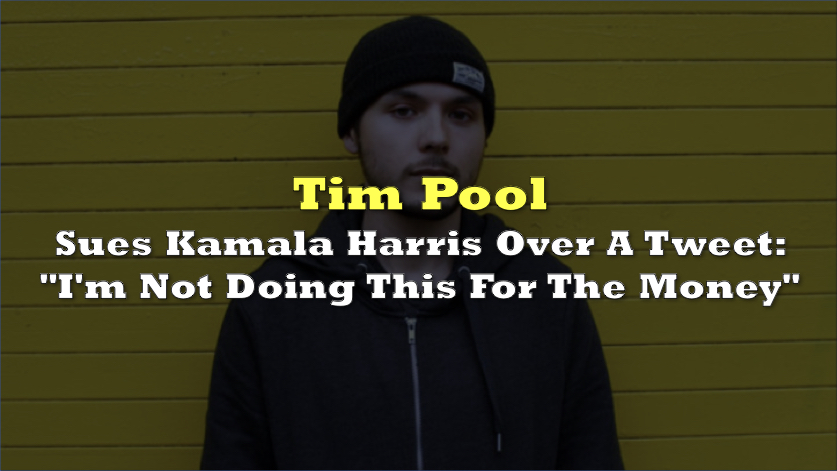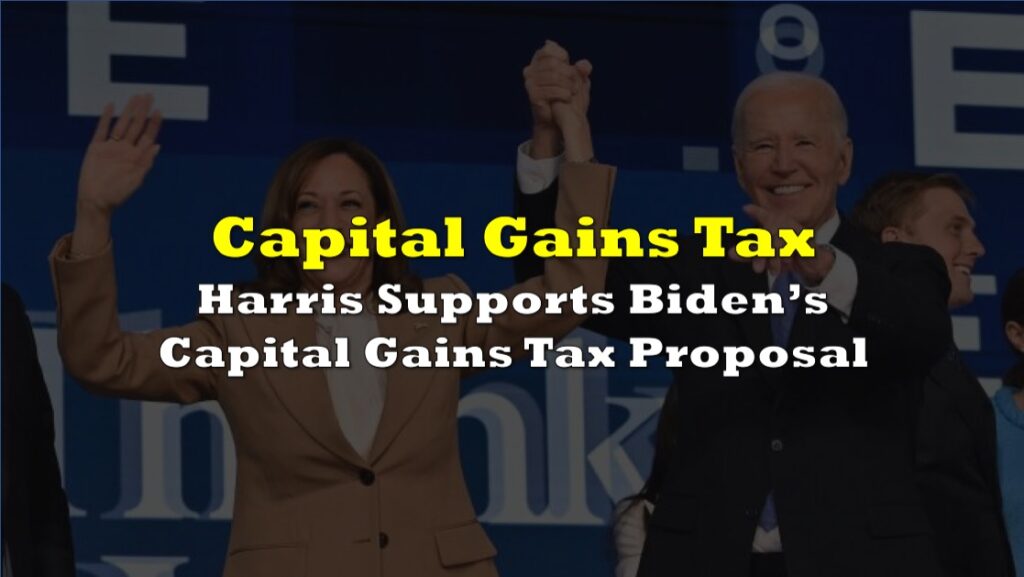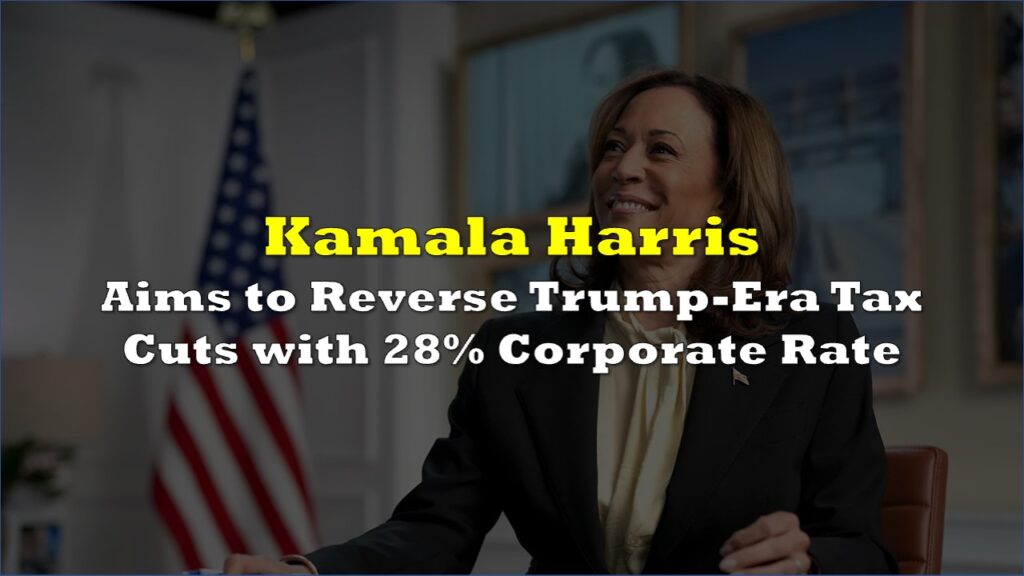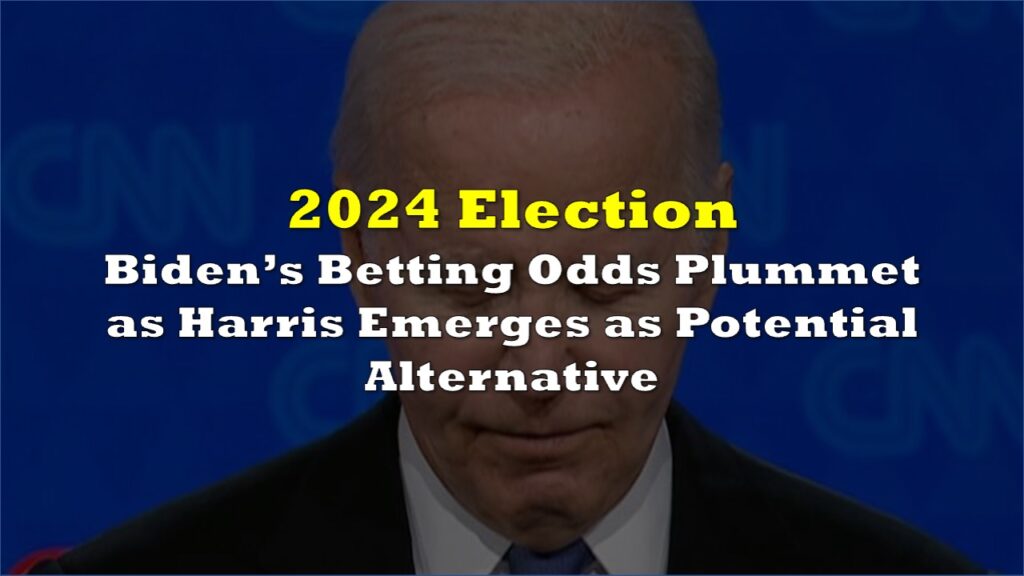Presidential candidate Kamala Harris has released an ambitious policy platform that includes federal cannabis legalization alongside broader economic and social initiatives. The wide-ranging agenda addresses healthcare affordability, housing access, and tax reform.
At the forefront of her drug policy reform, Harris pledges to federally legalize recreational cannabis, with specific provisions aimed at creating economic opportunities for Black men and communities disproportionately impacted by past drug enforcement policies. This stance marks a historic shift as the first presidential nominee to explicitly champion full federal legalization.
Legalization is #6 on the list. If Harris wins, she's very publicly accountable for it now. https://t.co/ieIYtBZ6yT
— Jeremy Berke🍁🍃🏔️ (@jfberke) October 24, 2024
The candidate’s healthcare proposals include capping monthly insulin costs at $35 and limiting annual prescription drug expenses to $2,000 for all Americans. Her platform also calls for expanding Medicare to cover home care services for seniors and individuals with disabilities, while protecting and strengthening the Affordable Care Act.
On the economic front, Harris promises tax cuts for over 100 million Americans and proposes expanding the startup tax deduction for small businesses by 10x to $50,000. Families would receive a $6,000 tax credit during the first year of their child’s life.
To address the housing crisis, Harris outlines a partnership with the private sector to construct 3 million new homes, specifically aimed at increasing housing supply and bringing down costs. The plan includes the first-ever federal ban on corporate price gouging for food and groceries.
Immigration reform features prominently, with Harris supporting a bipartisan border security bill to strengthen and secure the border. Additional priorities include investing in American manufacturing and clean energy sectors, alongside promoting common sense gun safety laws to protect Americans from gun violence.
Legal experts note that while Harris’s cannabis legalization pledge has garnered significant attention, achieving these goals would require substantial congressional support.
Drug policy specialists emphasize that successful implementation of cannabis reform would need to address existing industry barriers, including banking restrictions and high market entry costs that have historically limited participation from marginalized communities.
The comprehensive platform reflects Harris’s attempt to address multiple national challenges while distinguishing herself from both her predecessor and current opponent on key issues like cannabis reform and healthcare accessibility.
Information for this story was found via the sources and companies mentioned. The author has no securities or affiliations related to the organizations discussed. Not a recommendation to buy or sell. Always do additional research and consult a professional before purchasing a security. The author holds no licenses.

